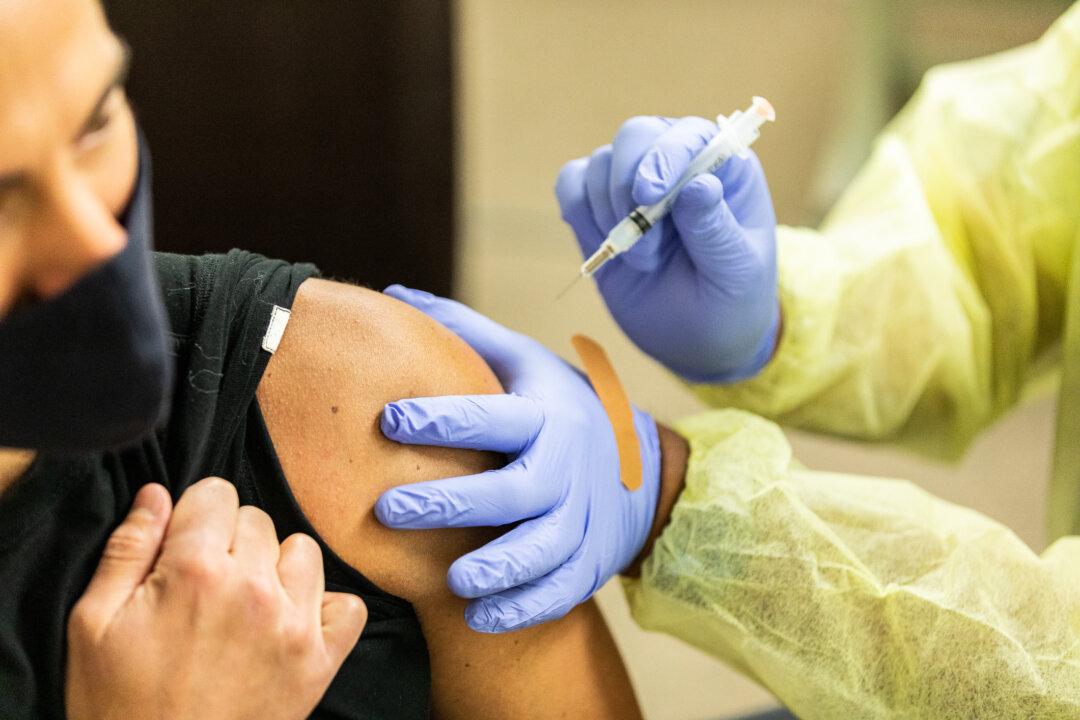The Biden administration is seeking to leverage influencers—including community, religious, and celebrity partners—to promote COVID-19 vaccinations in a bid to overcome hesitancy and persuade more Americans to get the jab.
The Department of Health and Human Services (HHS) on April 1 announced the rollout of the COVID-19 Community Corps, a nationwide network of “trusted messengers” that, equipped with an arsenal of ads and other forms of messaging, intend to increase confidence in COVID-19 vaccines—and boost their uptake.





